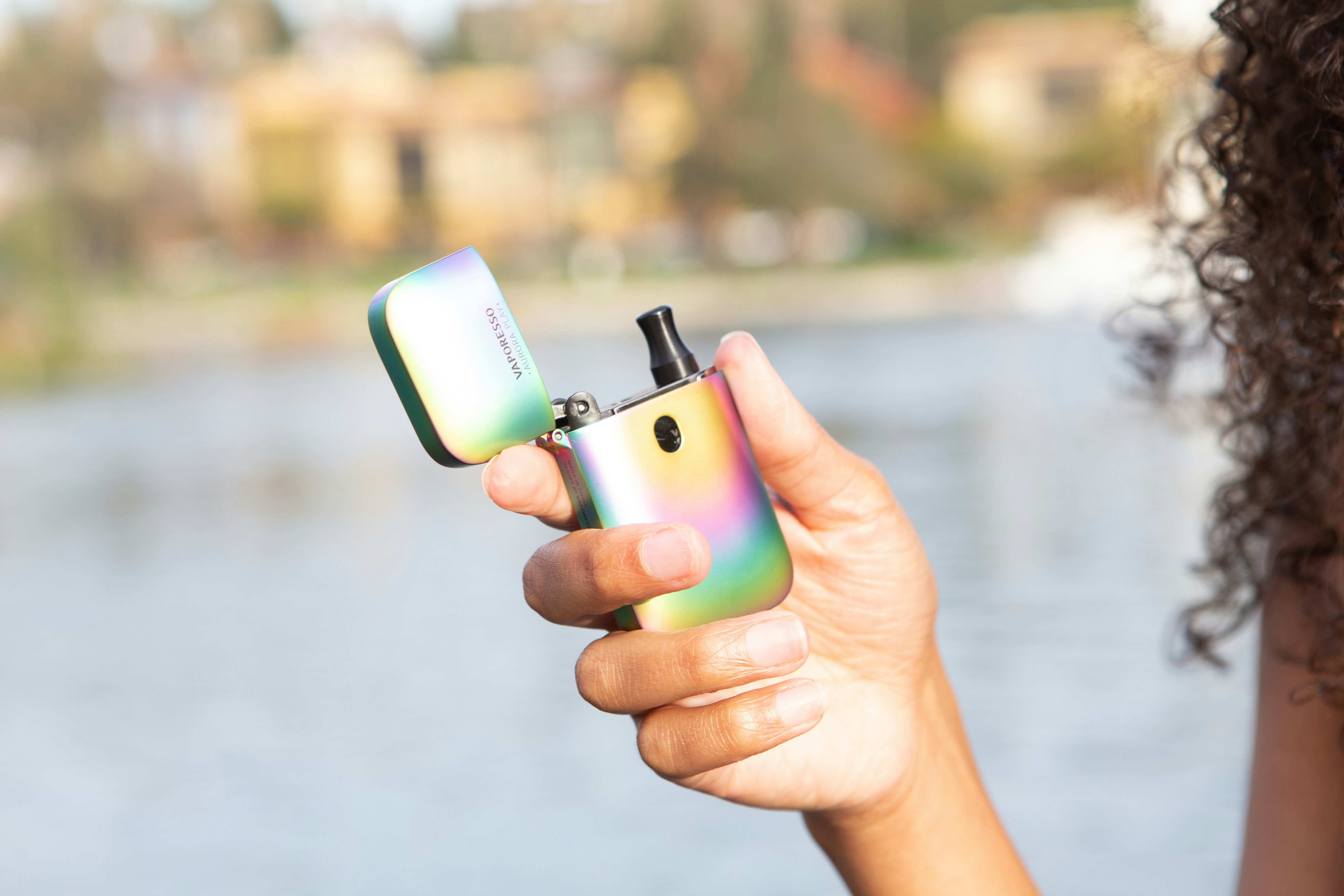Expert Reaction
These comments have been collated by the Science Media Centre to provide a variety of expert perspectives on this issue. Feel free to use these quotes in your stories. Views expressed are the personal opinions of the experts named. They do not represent the views of the SMC or any other organisation unless specifically stated.
Dr Michaela Pettie & Dr Jude Ball, University of Otago, comment:
The majority of high school students don't vape, and our study highlights some of the reasons they actively resist the pressure to vape. For example, many reported they didn't want vaping to compromise their health, sporting or other ambitions, religious beliefs, or their relationship with their parents. Our findings confirm what schools and parents have long been saying: that young people can quickly become addicted to nicotine, and there is an urgent need for youth-specific and culturally appropriate support services and guidance to help young people who want to quit. Rather than punishing minors who find themselves hooked, we need stricter controls on the vaping industry to reduce the visibility and accessibility of vapes.



 New Zealand
New Zealand


